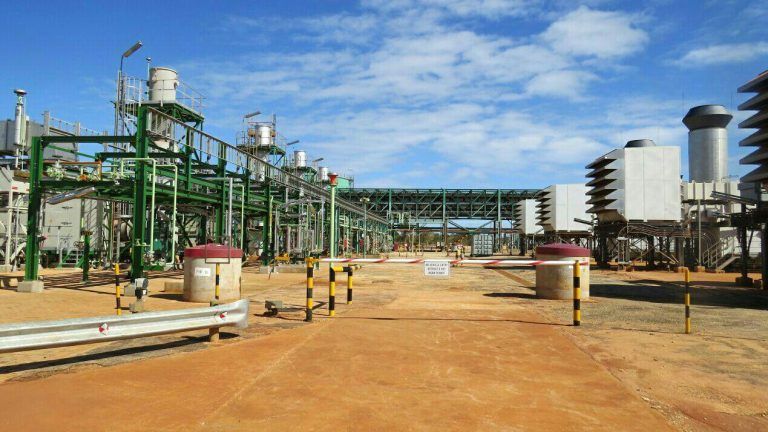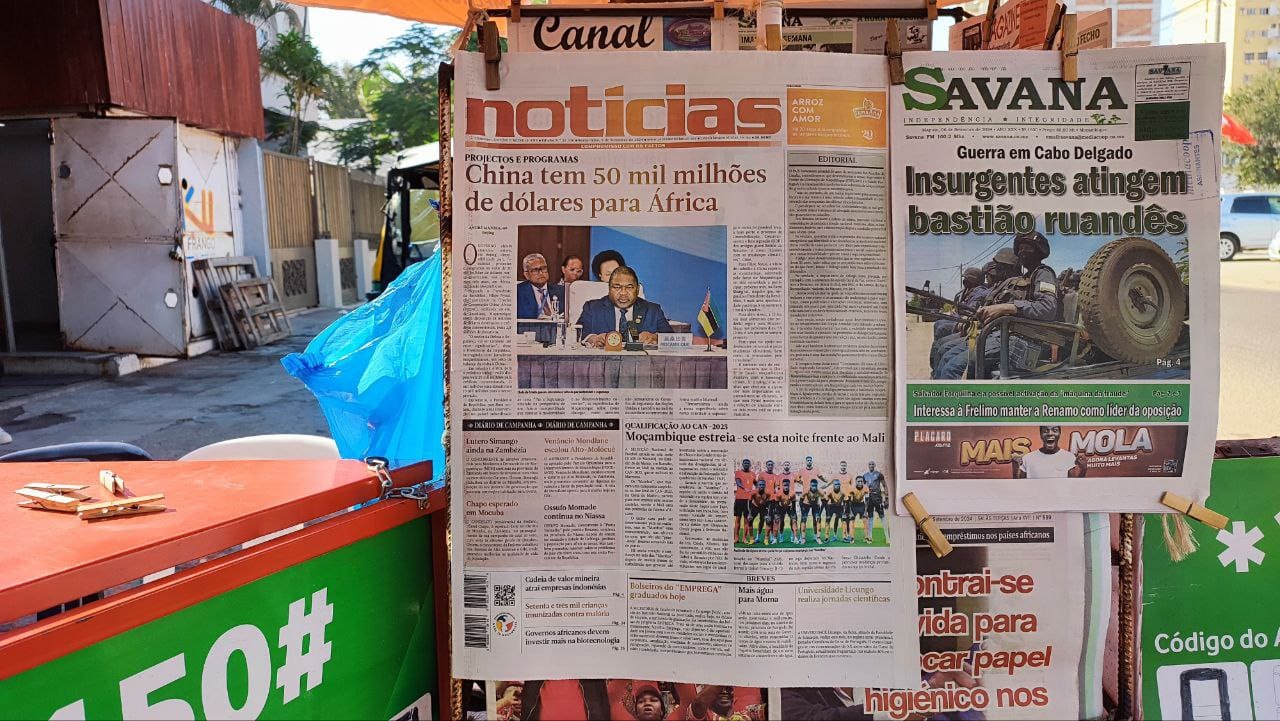If the Mozambican government brings in new laws, taxes or other measures to limit greenhouse gas emissions from fossil fuel projects, it could be sued for billions of dollars in damages by investors, researchers and lawyers have told Zitamar News.
Mozambique is the most exposed country in the world to being sued by foreign investors in relation to coal, oil and gas extraction projects, with up to $50bn potentially at risk, according to a paper by development policy academics at Boston University in the United States.
The risk arises from projects which are protected by international investment agreements, treaties between states which are intended to protect investors from one country having their investments damaged by the action of the other country’s government. Research by the University of Nottingham found that, out of 29 projects surveyed, 25 were covered by such investment agreements.
The research found 29 “megaprojects” with an initial investment of $500m or more, of which 18 involve liquefied natural gas (LNG) extraction and oil and gas exploration. They include gas production projects at the Pande and Temane gas fields in Inhambane province; offshore LNG extraction in the Rovuma undersea basin off the coast of Cabo Delgado provinces, and work at oil and gas exploration blocks in Angoche, Zambesi and Sofala.
Mozambique’s contribution to global greenhouse gas emissions is small. The country is responsible for just 0.02% of the world’s carbon dioxide emissions each year. However, the three massive LNG projects being planned, built and operated in Cabo Delgado province could increase Mozambique’s total greenhouse gas emissions by 14%, according to pressure group Friends of the Earth.
Pedro Couto, a lawyer specialising in energy and climate change at Maputo-based law firm CGA, explains that investment treaties protect investors from arbitrary expropriation by governments. He added that they give investors protection under an international legal framework from decisions by governments that harm them, and “create a level playing field with domestic investors, which will lead to a better regulatory environment altogether.”
“This is particularly true for Mozambique where political risk is still high and investors want to have reliance on international protections that allow them to seek possible relief on the international playing field,” Couto told Zitamar News.
Under bilateral or multilateral investment treaties, private companies and investors can bring about a so-called investor-state dispute settlement (ISDS) case if the state cancels or curbs a project, and potentially win compensation. This involves holding a court case in special investor courts, where proceedings are behind closed doors and the verdict is not always made public. In 2022, for instance, UK oil company Rockhopper was awarded €190m ($202m) in compensation from Italy after the Italian government banned oil exploration and production off the country’s coast.
The fossil fuel industry accounts for almost 20% of the total known ISDS cases. Globally, governments could face up to $340bn in legal and financial risks for cancelling or curtailing fossil fuel projects that are subject to treaties with ISDS clauses, according to the Boston University paper. Daniel Ribeiro, an activist at Mozambican pressure group Justiça Ambiental, described the threat of ISDS as a “very strong bargaining tool for companies.”
Mozambique is exposed to more liability from ISDS cases related to fossil fuels than any other country, with $7-31bn at risk from projects where an exploration permit has been granted but a final investment decision has not yet been made, according to the same paper. Additional ISDS claims could come from oil and gas projects that are already in development. In this scenario, there is $5-19bn at risk in Mozambique, giving a total of $50bn. The figures in question are total liabilities if all the relevant projects became subject to an investor-state dispute for the maximum possible amount. 15 of the 29 megaprojects identified in the University of Nottingham study could be sued over under ISDS.
Legal academic Lea Di Salvatore, the author of the Nottingham study, told Zitamar News that Mozambique’s legislative landscape was “quite underdeveloped”, which she said eases the process of bringing about an ISDS case for companies.
“Chilling effect”
An ISDS case can be triggered by many factors, not just the cancellation of a project. Ribeiro said that he did not expect the Mozambican government to cancel its gas projects outright.
“Even changing or improving, or making certain environmental commitments, or anything, it can be down to specific laws or regulation or change, or anything like that, it can cause [an ISDS claim],” Ribeiro said.
Couto told Zitamar News that ISDS claims worldwide have grown “exponentially” over the last few years.
“We see investors making use of treaties to challenge measures that were taken to raise revenues or reduce costs, such as new taxes or the termination of incentives,” Couto said. He added that this was a particular risk for Mozambique as foreign direct investment grows.
The threat of an ISDS case creates what Justiça Ambiental activist Erika Mendes calls a “chilling effect” for governments trying to pass new legislation.
“Sometimes the mere threat of as ISDS case, or the company’s lawyers showing the government how it would be possible to sue them under an ISDS case, [is enough to] open space to renegotiate contracts in a way that are more favourable to the companies, or even to stop specific legislation from being drafted or from being implemented,” Mendes said. Fossil fuel investors win 72% of ISDS cases worldwide, according to the Boston University study.
“The thing is, you just need one of the big players like Total or Eni to use one of these clauses to set a precedent. And once you have this precedent, everybody else can just do a follow-up play,” Ribeiro told Zitamar News.
According to him, a company could bring about an ISDS claim even if it pulls out of the project. He says that Total, for instance, “actually could claim the cancellation to be due to conflict, or due to one of these clauses, and then therefore they’ve lost investment and they can make an ISDS claim, and recover some of their failed investment.”
There have been three ISDS cases in Mozambique whose details are publicly available. In 2014, a South African national unsuccessfully brought a claim against the Mozambican government in a case involving a joint fishing venture. In 2017, Italian construction company CMC lost a case involving a dispute over a contract to repair a highway. In 2020, Patel Engineering Limited, an Indian company, brought about an ISDS claim on the basis of investments made to construct a railway line and develop a port on the Zambezia coast. The outcome of this case is pending.
This article by Zitamar News was supported by the African Climate Foundation.









